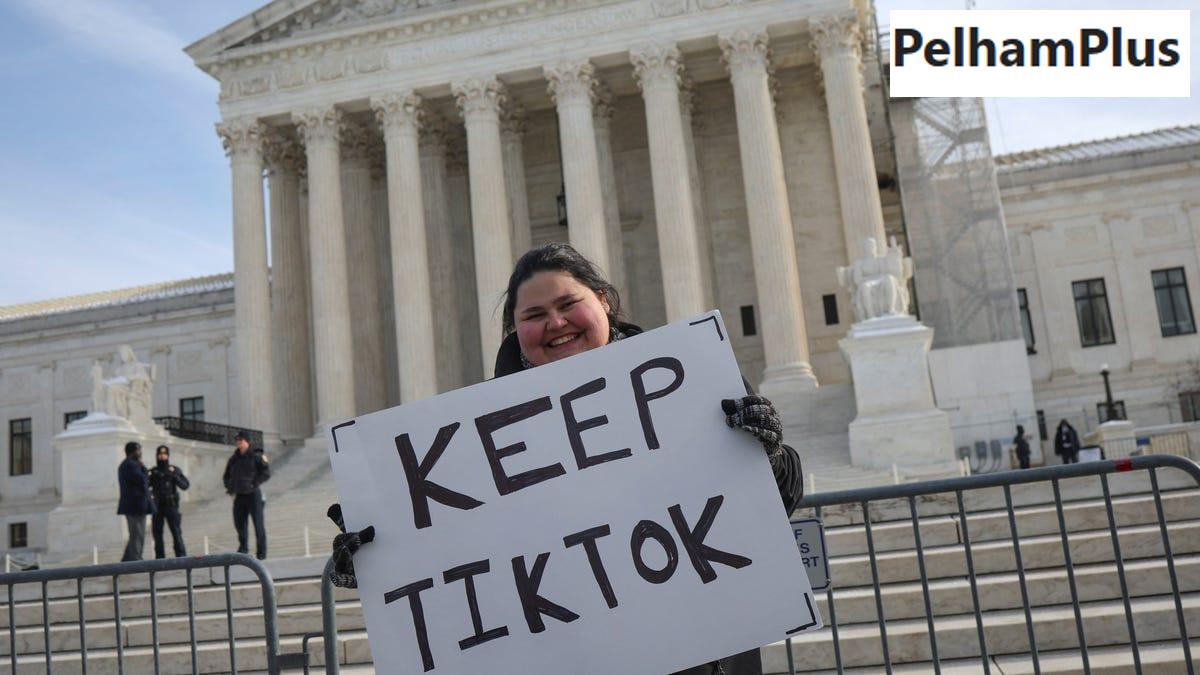Organizations cannot afford a hands-off posture as cybersecurity dangers rise. Public sector cyberattacks rose 40% in 2023, with schools being the seventh most-targeted industry for data breaches. This disturbing trend highlights the necessity for US cybersecurity legislation.

Cybersecurity Legislation Debates Heat Up: Safeguarding U.S. Citizens and Businesses Amid Rising Threats!
The provisions and breadth of cybersecurity legislation have been debated since the 2000 Cybersecurity Information Sharing Act (CISA). U.S. citizens and enterprises must take strong cybersecurity precautions to preserve their security and privacy, as private businesses have historically experienced cyber incidents with little governmental protection.
The Environmental Protection Agency has noted an increase in cyberattacks on public water systems, raising public safety concerns. Attacks like this threaten U.S. water delivery. While advancements have been made, public water systems’ cybersecurity standards vary, creating vulnerabilities.
States and water groups opposed the EPA’s Safe Drinking Water Act cybersecurity evaluations, complicating issues. The current government plans to mandate hospitals to have cybersecurity despite litigation defeats.
READ ALSO: Iowa Caucus Buzz: Trump Takes Center Stage as Early Projections Hint at a Republican Victory
Urgent Call for Comprehensive Legislation as Cyber Threats Rise!
The hodgepodge of federal and state cybersecurity rules, regulations, and executive directives causes confusion and inefficiency. Comprehensive cyberattack prevention, detection, and response legislation are needed due to linked and digital vital infrastructure.
Citizens are urged to lobby elected authorities for legislative reforms, emphasizing that public support can drive change. Recognizing the urgent need for cybersecurity, commercial and public sector institutions are encouraged to aggressively upgrade their measures. Cybersecurity solutions like Coro offer 24/7 monitoring and AI-powered threat detection while legislative changes are made. These procedures aim to quickly and efficiently meet essential operations’ cybersecurity needs.
A hands-off attitude to comprehensive cybersecurity legislation in the U.S. must change due to rising cyber dangers. Critical infrastructure vulnerabilities highlight the need for clear standards and government, private sector, and public sector collaboration to improve cybersecurity and preserve national interests.



